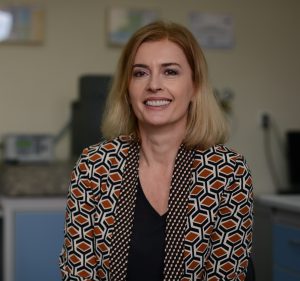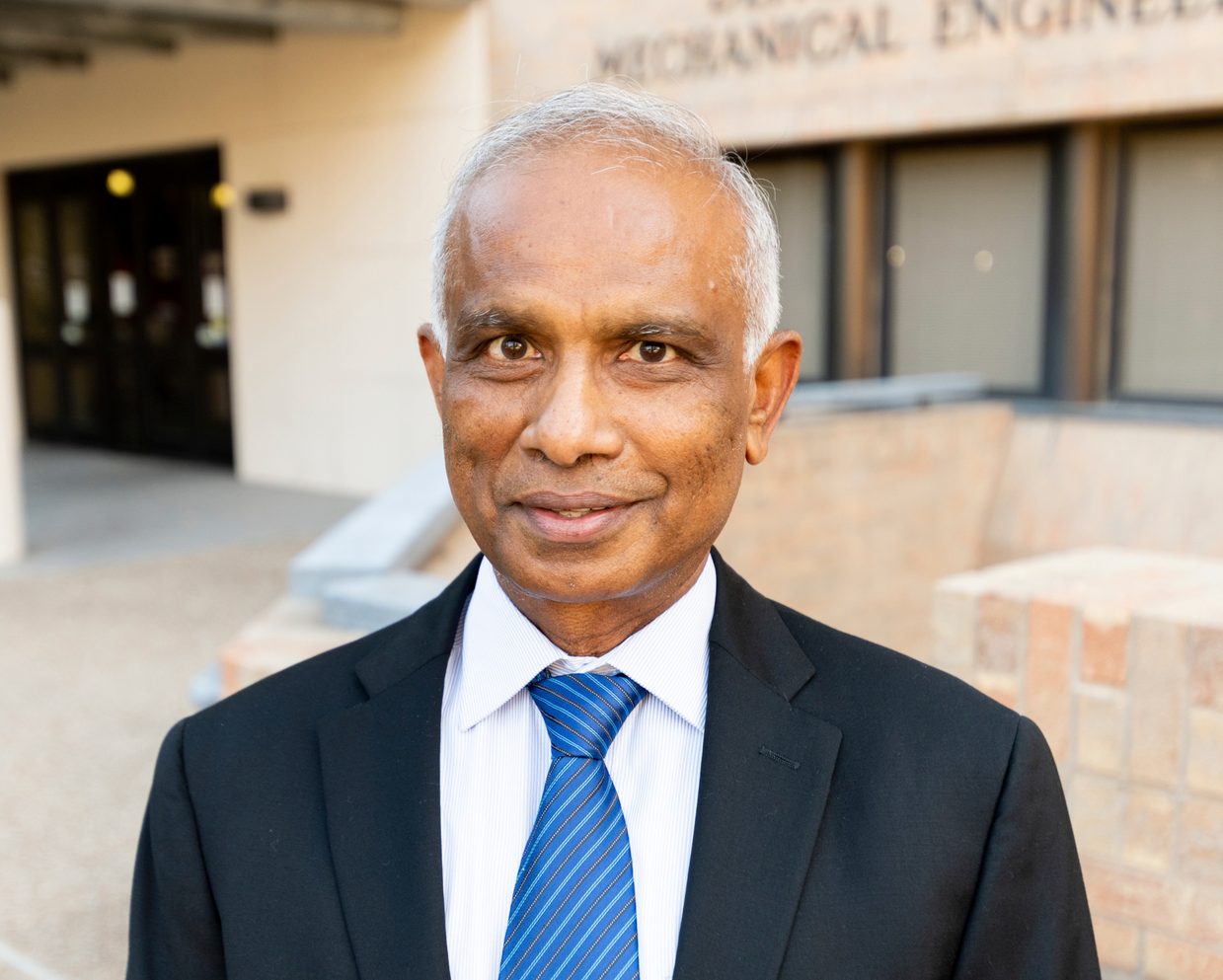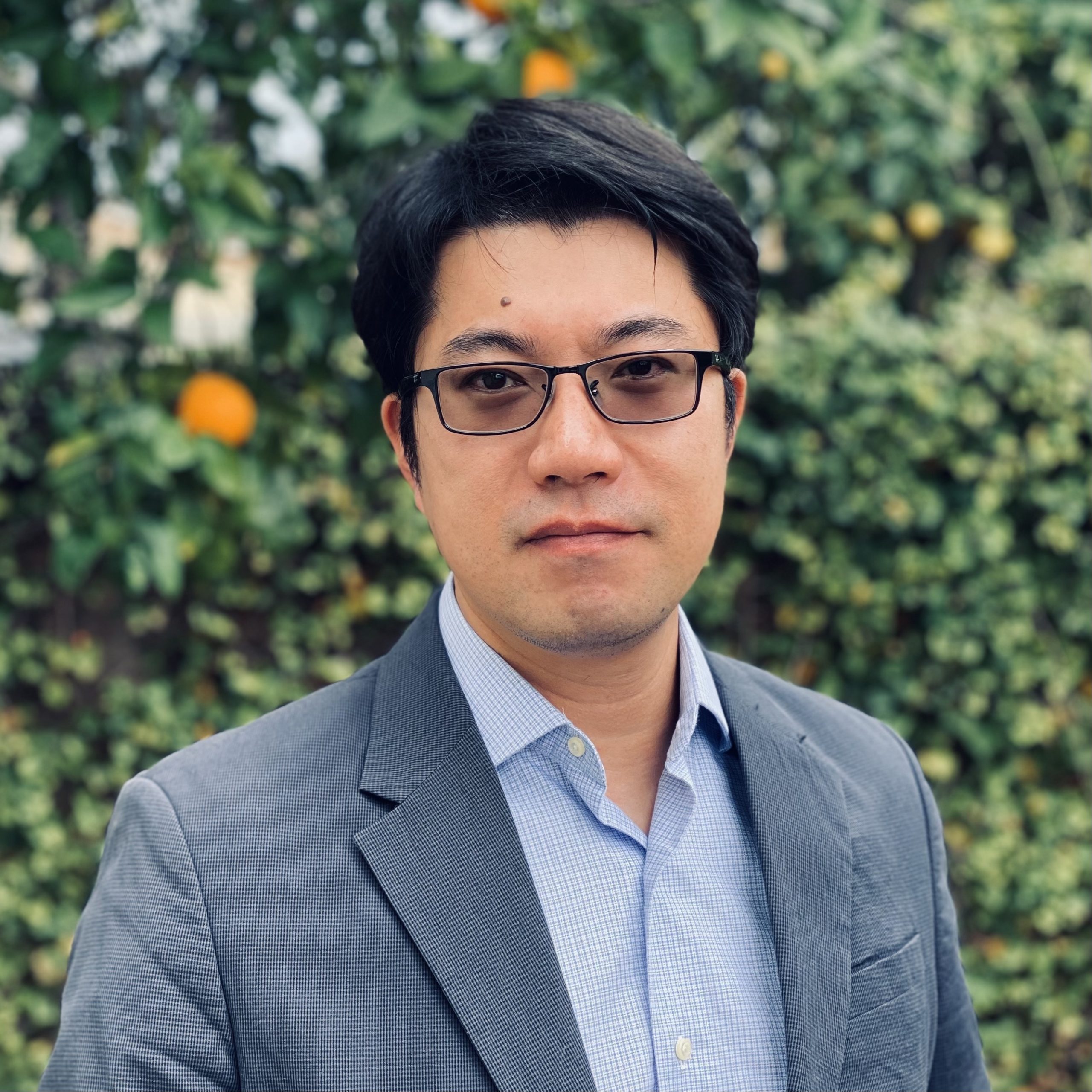ECS Webinar: “Sustainable Next-generation Battery Chemistries”
Posted on September 6, 2023 by Kellie GilbertECS Webinar: “Model-based BMS for current and next-generation batteries”
Posted on July 18, 2023 by Kellie Gilbert Dr. Venkat Subramanian
Dr. Venkat Subramanian
Ernest Dashiell Cockrell II Professor of Engineering
Walker Department of Mechanical Engineering & Material Science Engineering
Affiliated Faculty, Oden Institute for Computational Engineering & Sciences
Texas Materials Institute
The University of Texas, Austin
Date: August 2, 2023
Time: 1300–1400h ET
Sponsor: BioLogic, TA Instruments – Waters, Hiden Analytical
ECS Webinar: “Electrocatalysis for the sustainable production of fuels and chemicals”
Posted on June 12, 2023 by Kellie GilbertDr. Thomas F. Jaramillo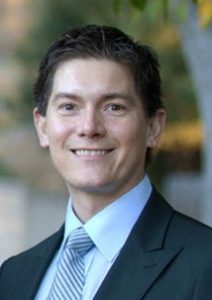
Professor of Engineering
Department of Chemical Engineering
Professor
Photon Science, SLAC National Accelerator Laboratory
Director
SUNCAT Center for Interface Science and Catalysis
Stanford University
Date: June 28, 2023
Time: 1300–1400h ET
Sponsor: Element Six
“A micro-to-nano zoom through a real-world battery with x-ray vision”– Webinar Q&A with Dr. Yijin Liu
Posted on June 6, 2023 by Kellie Gilbert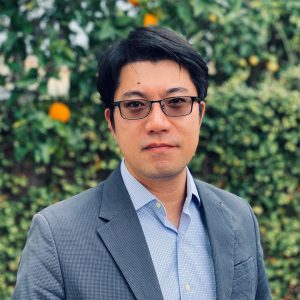 The Electrochemical Society hosted Dr. Yijin Liu’s live webinar, “A micro-to-nano zoom through a real-world battery with x-ray vision,” on May 17, 2023. Dr. Liu took audience questions during a live Question and Answer session at the end of the presentation. Kindly, he answered, in writing, questions not answered during the broadcast. See his responses below.
The Electrochemical Society hosted Dr. Yijin Liu’s live webinar, “A micro-to-nano zoom through a real-world battery with x-ray vision,” on May 17, 2023. Dr. Liu took audience questions during a live Question and Answer session at the end of the presentation. Kindly, he answered, in writing, questions not answered during the broadcast. See his responses below.
NOTE: Registration is required to view the webinar.
ECS Webinar: “A micro-to-nano zoom through a real-world battery with X-ray vision”
Posted on May 1, 2023 by Kellie GilbertDr. Yijin Liu
Lead Scientist
Stanford Synchrotron Radiation Lightsource
SLAC National Accelerator Laboratory
Date: May 17, 2023
Time: 1300–1400h ET
ECS Webinar: “Latest in In Situ/In Operando Characterization of Li-Ion Batteries”
Posted on April 20, 2023 by Kellie Gilbert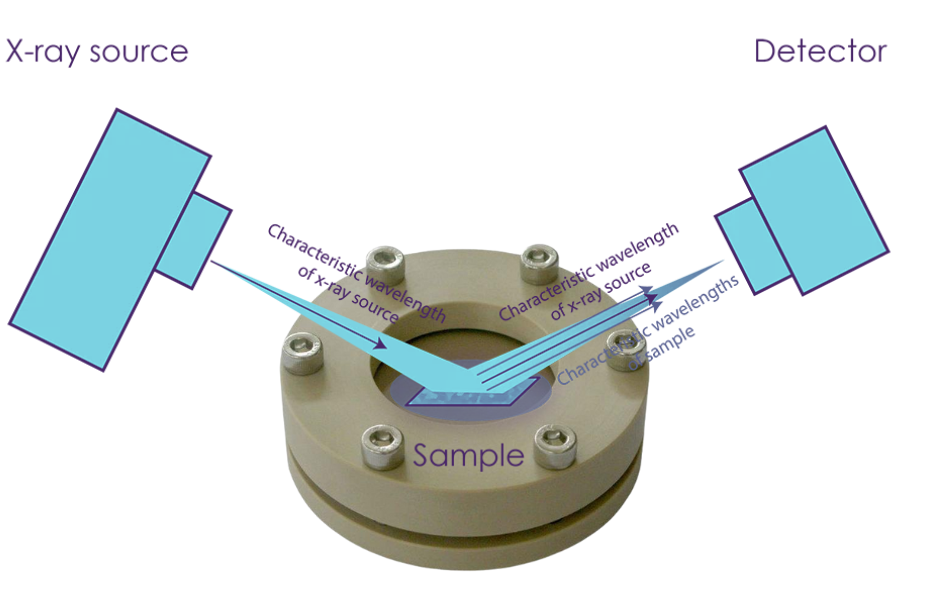 Chock Karuppaiah Ph.D.
Chock Karuppaiah Ph.D.
Founder and Chairman, Vetri Labs
Date: May 3, 2023
Time: 1300–1400h ET
Sponsors: BioLogic, TA Instruments – Waters
ECS Webinar: “Designing materials and systems for decarbonizing chemicals and water industries”
Posted on February 27, 2023 by Kellie Gilbert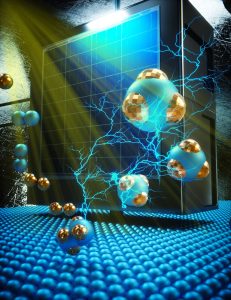 Reza Nazemi
Reza Nazemi
Assistant Professor
Department of Mechanical Engineering and
School of Advanced Materials Discovery
Colorado State University
Date: March 15, 2023
Time: 1300–1400h ET
Sponsors: BioLogic and Gamry Instruments
ECS Webinar: “Chemistries, Materials, and Processes for Electrochemically Mediated Carbon Capture”
Posted on February 7, 2023 by Kellie Gilbert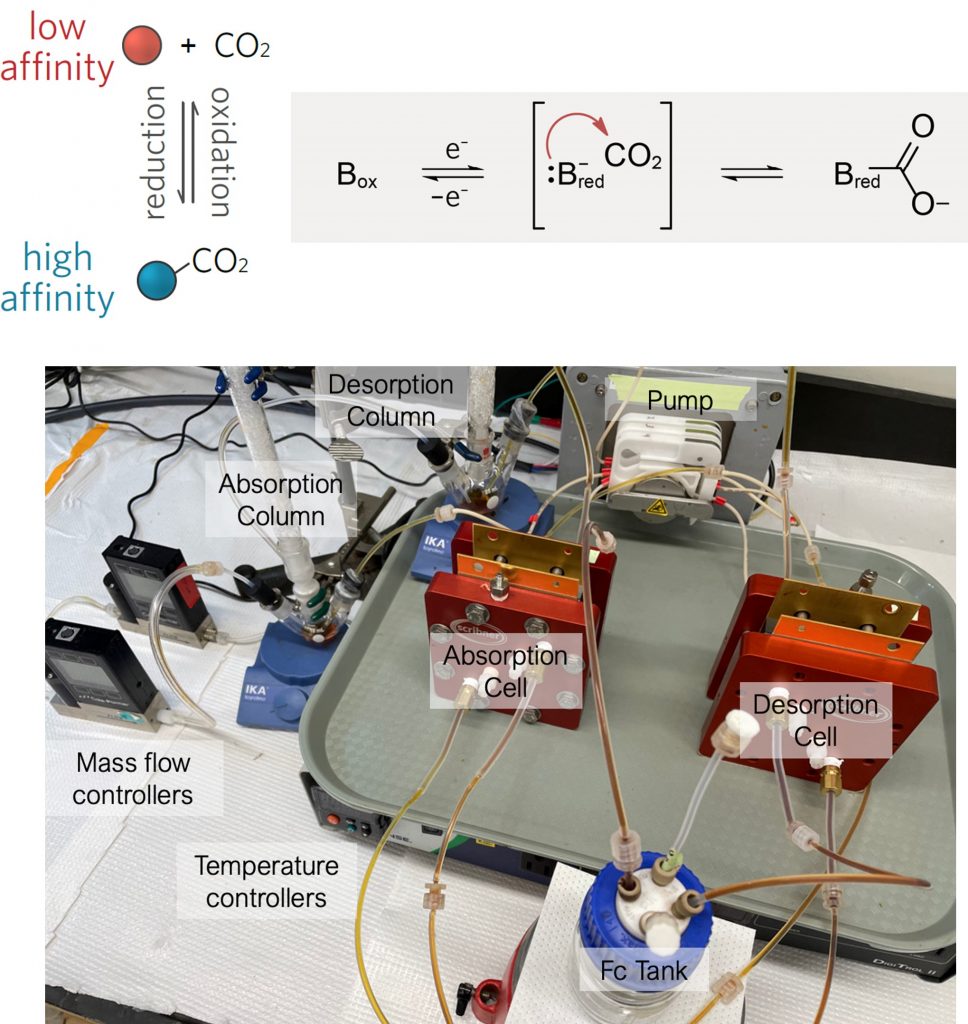 Yayuan Liu
Yayuan Liu
Assistant Professor
Department of Chemical and Biomolecular Engineering
Johns Hopkins University
Date: February 22, 2023
Time: 1300–1400h ET
Sponsor: BioLogic
Carbon capture is considered a critical means for climate change mitigation. Unfortunately, conventional thermochemical methods suffer from high energy consumption, motivating the search for more efficient carbon dioxide separation strategies driven by non-thermal stimuli. In this talk, I share our research efforts on developing materials and processes for electrochemically mediated carbon capture. First, I present a library of electrochemically tunable Lewis bases with redox-active nitrogen centers that can reversibly capture and release carbon dioxide through a reduction-oxidation cycle. The mechanisms of the carbon capture process are elucidated via a combined experimental and computational approach. I show that the properties of these Lewis base sorbents can be fine tuned via rational molecular design and electrolyte engineering. I then discuss challenges and opportunities for sorbent and electrochemical reactor designs toward practical carbon capture processes driven by electrochemical stimuli. (more…)
ECS Webinar: “Capturing Carbon Dioxide with Batteries and Supercapacitors”
Posted on November 21, 2022 by Kellie Gilbert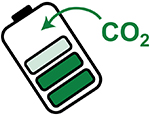 Dr. Alexander Forse
Dr. Alexander Forse
University of Cambridge, UK
Date: December 7, 2022
Time: 1300–1400h ET
Sponsor: Hiden Analytical


